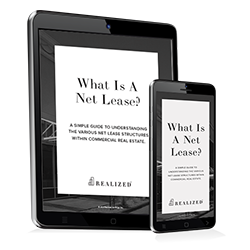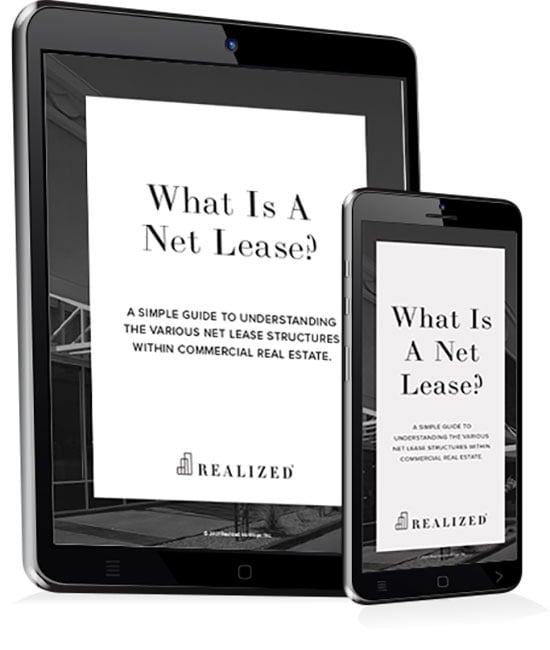
Investing in a triple net lease (NNN) asset offers long-term and stable cash flow. However, there may come a time when you want to exit for whatever reason. What are the strategies available that can help you maximize your returns? Let’s look at some possible avenues to help you prepare ahead. Keep reading to learn more about triple net lease exit strategies.
Selling the Property
The most straightforward method is to sell the property to the open market outright. In most cases, you’re not required to finish the lease term. You can simply sell the asset to another investor, who then assumes landlord duties as the new owner.
NNN leases tend to attract lots of investors because of the long-term lease and the steady cash flow. However, timing the sale is still essential to increase the chances of maximum returns. For example, market conditions will influence the sales price. If interest rates are up, for instance, then fewer investors might be willing to pay a high price, driving the sales price down.
1031 Exchange
Selling a property the traditional way can lead to high capital gains taxes, especially if the asset has appreciated considerably. A 1031 exchange is an ideal strategy that lets you defer the tax liability while maintaining your exposure to commercial real estate investing.
This type of transaction involves swapping your NNN property for another asset that’s also held for business or investment use. Since there’s no official sale during the exchange, gains and losses won’t be recognized. You preserve more of your wealth until a taxable event occurs.
Keep in mind that 1031 exchanges are subject to various rules to prevent abuse. You can only exchange like-kind assets within a 180-day time frame. Plus, working with a qualified intermediary is a must to avoid constructive receipt.
UPREIT
Umbrella partnership real estate investment trusts (UPREITs) offer similar tax-deferral benefits as 1031 exchanges. UPREITs are legal entities that own income-generating real estate, and you contribute your NNN property to one in exchange for operating partnership (OP) units. You then receive dividends proportional to the number of OP units you own.
The property contribution also doesn’t constitute an official sale, allowing you to defer capital gains taxes. However, unlike a 1031 exchange, where you can directly own the acquired property, UPREITs provide indirect property ownership. You receive truly passive income and avoid the burdens of being a landlord.
Redevelop the Property
In some cases, NNN property owners may choose to repurpose or redevelop a property once a lease expires. This option can unlock new revenue opportunities, particularly if the current tenant plans not to renew or the building’s use no longer fits the market demand. For example, you can convert a big box retail site into a mixed-use space to address changing demographics.
Hold Through Lease Expiration
There are scenarios where early exit may not yield the highest returns. If market conditions or trends suggest that the value will rise, or if the tenant is strong and reliable, then waiting for the lease to end may be the most strategic option.
Wrapping Up: NNN Exit Strategies for Investors
NNN leases are not forever. As such, exiting the investment becomes a crucial consideration to ensure that you make the most of the investment. Many options are available, from a traditional sale to more complex UPREIT or 1031 exchange transactions. Weigh each option closely to choose one that aligns with your tenant situation, projected market conditions, and overall financial goals.
Sources:
https://www.hellodata.ai/help-articles/what-is-an-upreit-in-real-estate
https://www.investopedia.com/financial-edge/0110/10-things-to-know-about-1031-exchanges.aspx
https://www.investopedia.com/terms/t/triple-net-lease-nnn.asp



